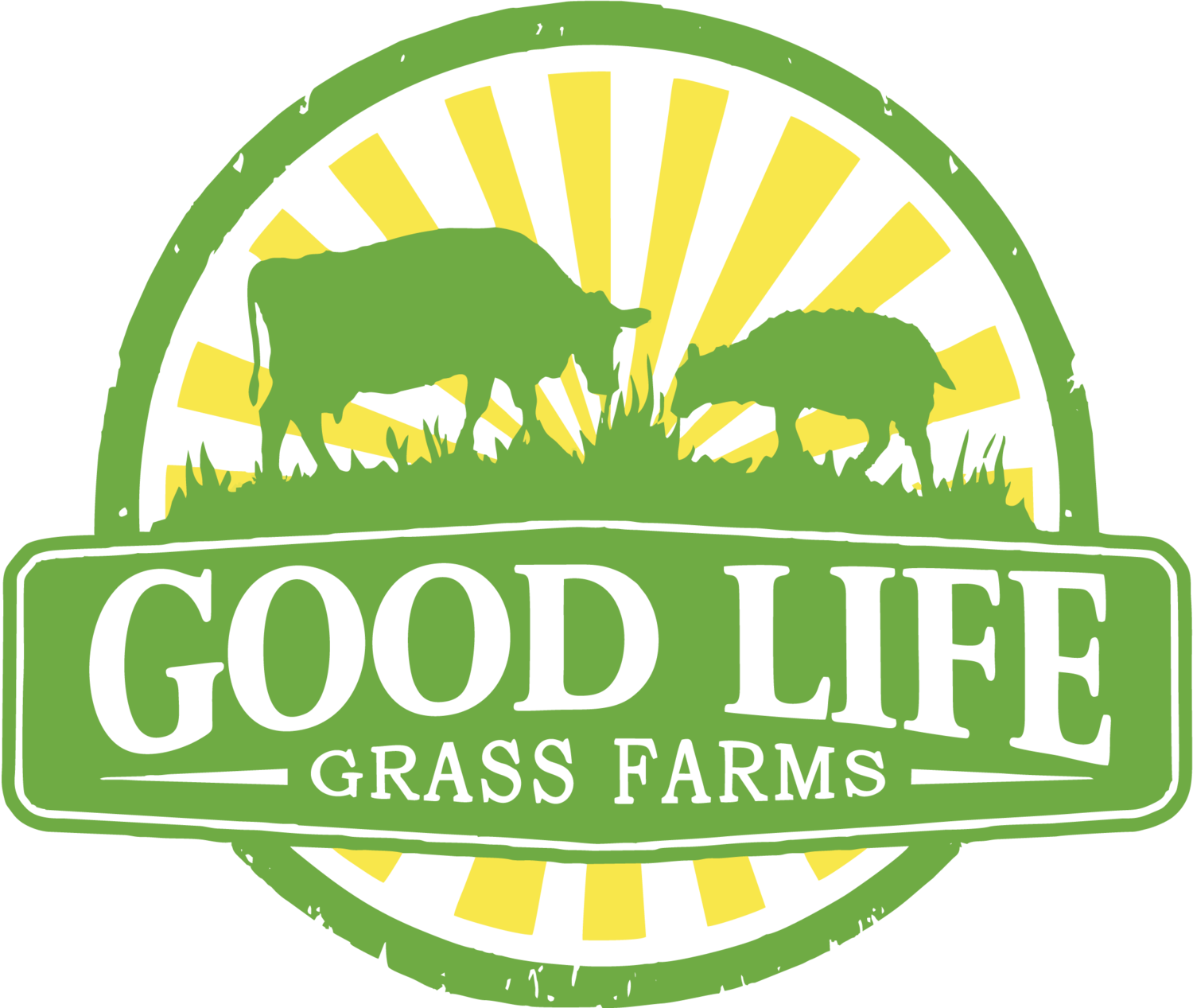A product from our farms that we value a lot is the clean water and healthy soils that our regenerative farming practices produce. Here's just a small sampling of the sustainable and environmentally friendly farming practices we utilize.
Riparian Fencing and Alternative Water Sources
All of our livestock are excluded from streams and rivers by permanent fence. This protects and enhances the water quality and aquatic habitat of our local streams and downstream rivers. Rainfall that leaves our farms flows into Clear Creek and Pryor Branch, both which flows into Shoal Creek, and then onto Grand Lake in Oklahoma. We are grateful for the water resources we have in southwest Missouri and are glad to do our part to maintain and improve them for future generations.
Our alternative watering sources utilize well water which is pumped to numerous watering points in our pasture grazing systems. The use of well water instead of streams and ponds helps to keep animal health at its best.
Rotational Grazing
During the growing season we often move our cattle herds every day. Sheep flocks are moved 2 to 7 days. Doing so helps to keep individual animal health at its best by providing fresh, uncontaminated pasture.
Rotating pastures gives "rest periods" to pastures in which grasses have a chance to regrow and retain healthy root systems throughout the year. Pastures are often rested 30-45 days before they are grazed again. During this time, plants replenish their roots and leaves. Manure piles are broken down by the natural bug and earth worm communities which helps reduce pathogens and maintain herd health.
Our grazing practices feed the soil with organic matter and result in carbon being put back into the ground. This increase of carbon in the soil increases the water holding capacity of the soil’s “carbon sponge”. This increased water holding capacity results in less water runoff from our pastures during rain events and allows the soil to hold more water that can be utilized by plants during periods of little or no rain.
Soil Fertility
Instead of using chemical commercial fertilizers on our pastures, we utilize locally sourced lime, legumes, and grazing management to build soil and improve soil fertility.
Legumes are natures free source of nitrogen, as they fix nitrogen from the air and place it in their roots.
Grazing paddock designs help to distribute manure from our cattle throughout our fields and not in local water ways or ditches.
Utilizing mob grazing, we mash excess spring grass growth down onto the soil. This grass cover helps to build soil organic matter, keep soil temperatures cool, and retain rainwater through dry periods.
These practices and more help to improve our soils, plant diversity, drought tolerance, and the resilience of our pastures. A goal of our farm is not only to keep soil erosion to a minimum, but to actually build new soil through grazing management.
To learn more about our regenerative farming practices please email or call with questions or to set up a farm tour.


![13412935_10103971710771730_8204122423311573547_n[1].jpg](https://images.squarespace-cdn.com/content/v1/5927407d6b8f5b7ea5f26794/1495826556120-CLTUNFJ7RBYVIF121ZFU/13412935_10103971710771730_8204122423311573547_n%5B1%5D.jpg)

